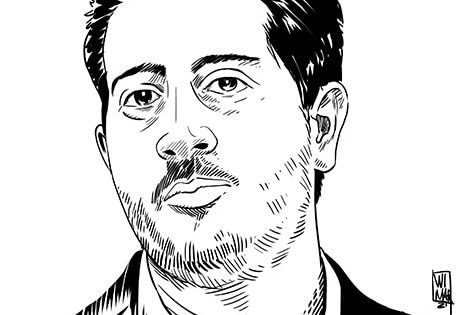(RSF/IFEX) – As of 24 March 2003, the families of several of the independent journalists and dissidents arrested during the week of 17 March have been allowed to visit the detainees in a number of detention centres around the country. Family members were allowed to stay between 15 and 30 minutes, mostly in the presence […]
(RSF/IFEX) – As of 24 March 2003, the families of several of the independent journalists and dissidents arrested during the week of 17 March have been allowed to visit the detainees in a number of detention centres around the country. Family members were allowed to stay between 15 and 30 minutes, mostly in the presence of a guard who ensured that conversation was confined to morale or health matters and not about the charges against the detainees. A number of the families have been told that these charges are “under investigation”.
Most of the journalists said they had been well treated, though some families reported that some had health problems. On 26 March, Elizardo Sánchez, head of the Cuban Commission for Human Rights and National Reconciliation (Comisión Cubana de Derechos Humanos y Reconciliación Nacional, CCDHRN), said that those arrested had no access to lawyers.
Blanca Reyes, wife of jailed poet and journalist Raúl Rivero, told RSF she was able to visit her husband at Villa Marista, the state security headquarters in Havana, on 26 March. Rivero told her he was being held with common criminals and had been well treated. Reyes, however, said he was being held in conditions of “minimal” sanitation.
The officer present during the meeting told her Rivero and RSF correspondent Ricardo González would be prosecuted under Law 88, the so-called “defence of national independence” law.
Law 88 provides for up to 20 years’ imprisonment for collaborating with United States policies towards Cuba. Reyes said she was held at the prison for nearly an hour and a half after the visit, which prevented her from attending a press conference given by several wives of dissidents for the foreign media.
The Greek presidency of the European Union (EU) condemned the arrests on 26 March and called for the immediate release of those detained, saying it considered them prisoners of conscience. The presidency said such arrests violated freedom of expression, which the EU wanted to encourage in its relations with non-member countries. The EU added that “violations of fundamental civil and political rights” would be “monitored very closely” and would “continue to influence the Union’s relations with Cuba.”


